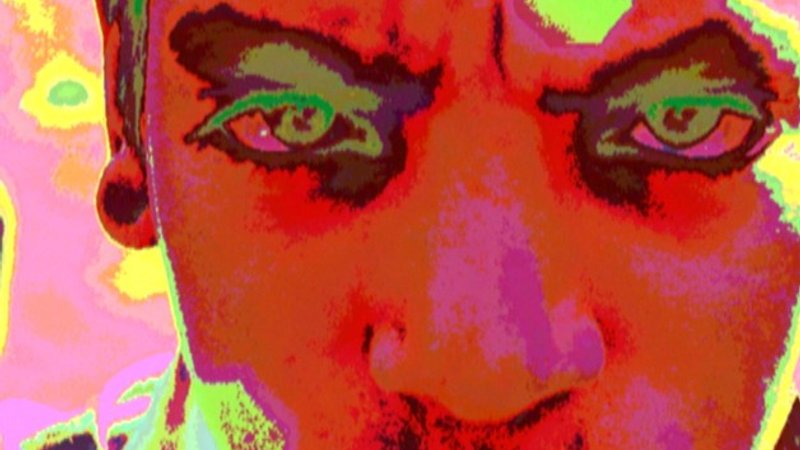Documentary inspired by the experience of artist Hugues de Montalembert, who was blinded by muggers in 1978. “A film about blindness that makes us see the world hungrily, deeply, anew.” — Daily Telegraph

Black Sun is a film about blindness that makes us see the world hungrily, deeply, anew.
Screened as part of NZIFF 2006
Black Sun 2005
The boundaries of documentary are breached once more in this profound and beautiful film inspired by the experience and writing of the blind artist Hugues de Montalembert. His bestselling autobiography, La Lumière assassinée (1982), translated as Eclipse, conjured the world of visual sensations that his brain was experiencing without visual stimuli. Gary Tarn’s film, exquisitely crafted in imagery and sound (and produced by Festival hero Alfonso Cuarón) is a moving and poetic response. In 1978 Montalembert was a successful French painter and filmmaker living in New York, for whom seeing things and recording them was an obsession. So intense and penetrating was his stare that a friend once characterised his eyes as those of an assassin. One dreadful day the man who saw everything was attacked in his apartment by two assailants who threw paint thinner in his face, rendering him totally and irrevocably blind. Astonishingly, within a matter of months, Montalembert had recovered the assurance to travel to Bali, India, Nepal and Singapore, always on his own.
“In a feature-length voiceover, the artist reveals the inevitable despair that initially ensued, but then moves into an emotionally and philosophically charged celebration of being alive in the phenomenal world. A remarkable statement of personal resistance, it is accompanied by a river of images, of cities and landscapes that deploy a lyrical but grounded visual language… Black Sun never seeks easy illustration of its subject’s journey, physical or otherwise; rather, it catches the luminous materiality of the seen as a means to the most searching spiritual enquiry.” — Gareth Evans, Time Out